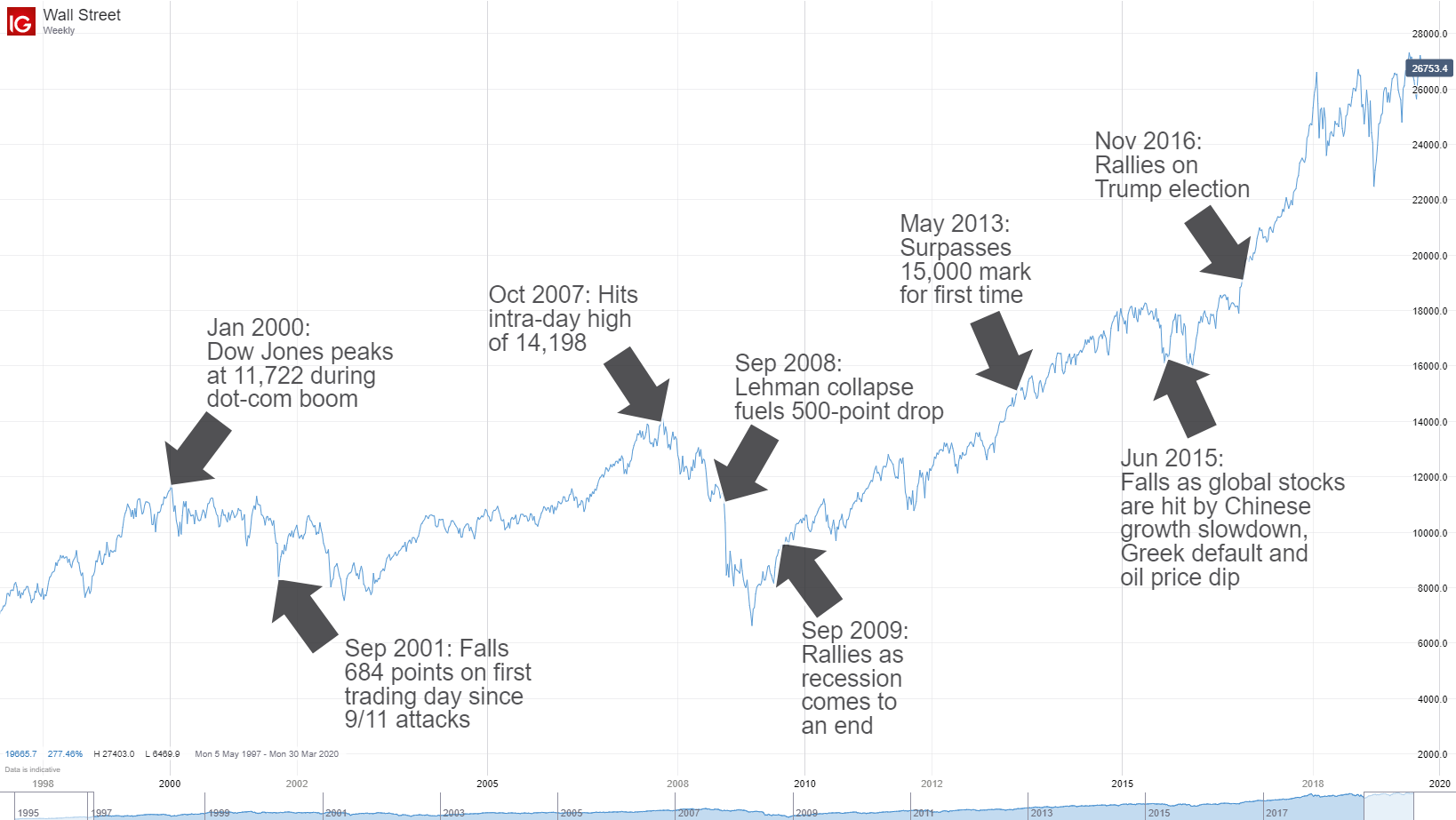
The Dow Jones Industrial Average (DJIA), also known simply as the Dow, is a stock market index that tracks the performance of 30 large, publicly-traded companies based in the United States. It is one of the oldest and most widely-followed stock market indices in the world.
When it comes to mastering the Dow, there are several insights and strategies that investors and traders can keep in mind.
First, it's important to understand the makeup of the Dow. The index is composed of 30 blue chip stocks that are selected by the editors of The Wall Street Journal. These stocks are considered to be representative of the overall performance of the U.S. stock market, as they are drawn from a variety of sectors such as healthcare, technology, and financials.
One strategy for investors is to focus on the fundamentals of the companies that make up the Dow. This means looking at factors such as their revenue, earnings, and growth prospects. By focusing on companies that have strong fundamentals, investors may be able to identify those that are more likely to perform well in the long-term.
Another strategy is to pay attention to broader economic trends. The Dow is heavily influenced by factors such as interest rates, GDP growth, and inflation. By keeping an eye on these macroeconomic indicators, investors and traders can get a better sense of whether the stock market as a whole is likely to rise or fall.
Technical analysis can also be a useful tool for mastering the Dow. This involves looking at charts and other data to identify patterns and trends that can provide insight into how the index is likely to move in the short-term. For example, a trader might look for a pattern of higher lows and higher highs, which could indicate that the Dow is in an uptrend.
It is important to keep in mind that past performance of DJIA is not a guarantee of future performance. In addition, individual stocks within the index can be affected by unique factors that can have a material impact on their performance and investors should do their own research and not rely solely on the index to make investment decisions.
Ultimately, mastering the Dow requires a combination of both fundamental and technical analysis, as well as a close attention to broader economic trends. It's important to have a well-rounded approach and a long-term investment horizon.






0 Comments:
Post a Comment